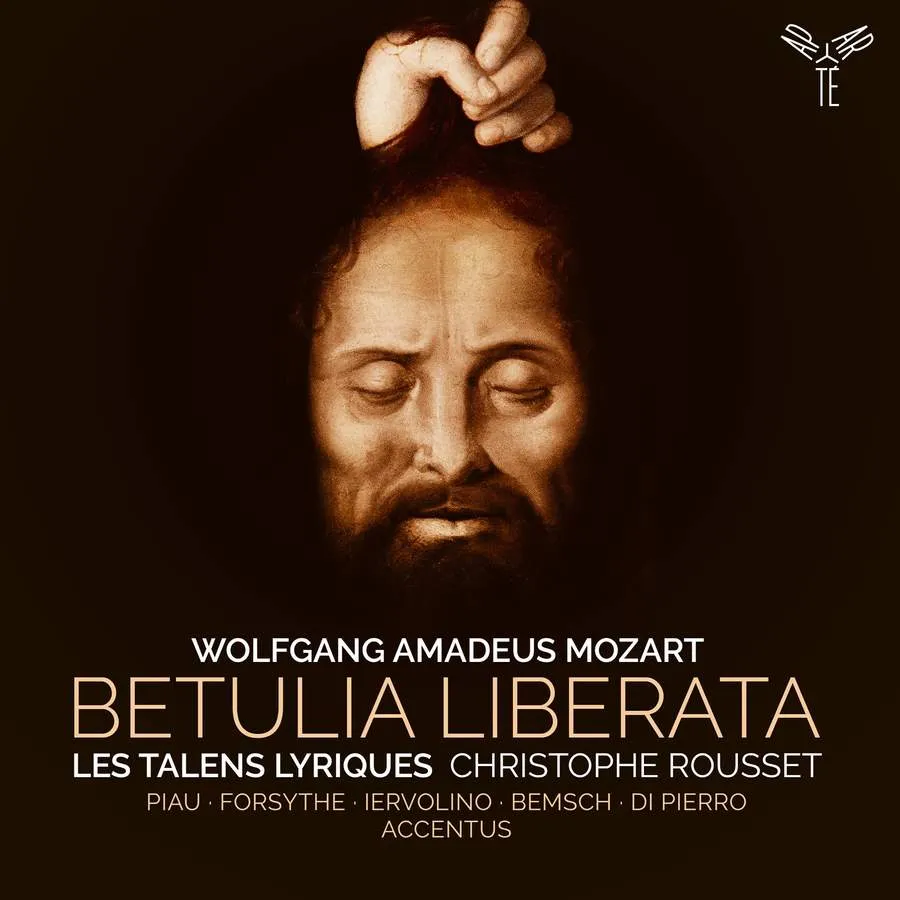
Mozart Betulia Liberata, K.118 Sandrine Piau, Amanda Forsythe, Teresa Iervolino, Pablo Bemsch, Nahuel di Pierro (voices); Accentus; Les Talens Lyriques/Christophe Rousset Aparté AP235 131:00 mins (2 discs)
Written by Mozart aged 14, this work tells the story of Judith and her beheading of the Assyrian general Holofernes after he laid siege to the Israelite town of Bethulia. Though referred to as an oratorio, it has all the hallmarks of an opera seria, although at the beginning of Part II the librettist Metastasio suddenly realised it was supposed to be a sacred work and inserted a long theological discussion in recitative. (If your religious needs are not urgent you could skip this.)
Unusually, Mozart seems to have had no information about the singers beforehand, but I suspect the role of Ozia may have been an exception. It is sung here by Pablo Bemsch whose brilliant tenor voice never fails to light up the landscape (as in ‘D’ogni colpa’). Another very impressive vocal presence is the contralto Teresa Iervolino (Judith), who is vividly dramatic in the recitative announcement of Holofernes’ beheading (‘Lungamente non dura’). The somewhat young bass voice of Nahuel di Pierro (as Achior) is best displayed in the quasi-Handelian aria ‘Te solo adoro’, and Amanda Forsythe (Cabri) has a rare ability to create visions in sound (as in the Assyrian battle scene in ‘Que i moti’). Sandrine Piau (Amital) is accomplished and confident in passage work (‘Quel nochier’) though elsewhere her trills are impressionistic and her tone sometimes pinched (I could not get the voice of lleana Cotrubus on the old Philips recording out of my head for this role). The orchestra is lively and atmospheric throughout, and this current recording is certainly the best available.
Anthony Pryer